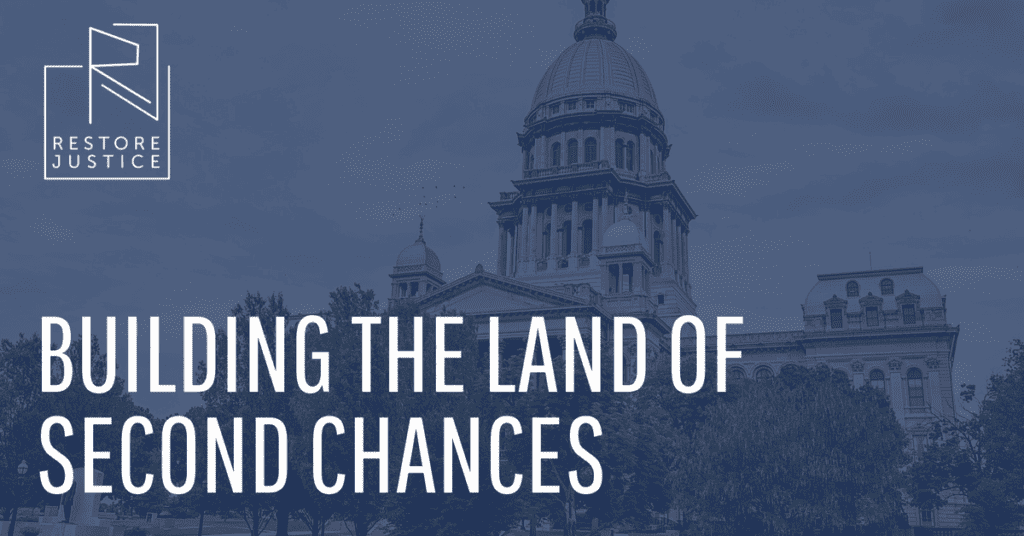Starting with Miller v. Alabama, the United States Supreme Court crafted new protections for youthful offenders facing long criminal sentences. The Court recognized advances in brain science that show young people tend to lack impulse control; many are incapable of mature reasoning; and the young frequently don’t fully understand the consequences of their actions.
The result is that, for those who commit criminal offenses while 18 and under, the Court found life sentences without the possibility of parole impermissible.
But are there shorter sentences that are also too long? Ten years? Twenty? Sixty? The problem is that since youthful miscreants are likely to lack judgment, the decision to set a specific term of incarceration misses the reality that the offender will mature, and may well change for the better over time.
In our criminal justice system, there is no legal mechanism to reconsider criminal sentences once imposed. There is no longer parole. What about the young offender who becomes a model citizen? There is no opportunity to reduce his or her sentence, whether it’s for ten years or for sixty.
Working with Restore Justice, states’ attorneys, the Prisoner Review Board, the Department of Corrections, the Attorney General’s office and victim advocacy groups, we’ve created a framework for reconsidering lengthy sentences for these youths. The idea is that, going forward, most offenders who were under 21 when they committed the crime would have an initial opportunity for a parole hearing after ten years. For those convicted of more serious offenses, like murder or aggravated rape, the first opportunity for a hearing would not come until he or she has served twenty years. And for those guilty of the particularly heinous crimes that result in sentences of natural life, parole would never be an option.
For complicated legal reasons, the measure would not apply to inmates currently serving sentences in the state’s penal system. But it would apply to tomorrow’s youthful offenders. There would therefore be no impact on the current prison population nor on the current cost of our criminal justice system. But it would make a difference over time: many of those in our prison cells today were teenagers when they ran afoul of the law.
The Illinois Prisoner Review Board strongly supports the legislation. The state’s Department of Corrections, the Attorney General’s office and the State’s Attorneys Association do not oppose the bill. Individual state’s attorneys are weighing in on both sides, with our own Cook County State’s Attorney Kim Foxx, decidedly in favor. Toni Preckwinkle, President of the Cook County Board, also endorses the measure.
House Bill 531 has already passed the state Senate and awaits action in the House. As the chief sponsor of the bill, I am hopeful my colleagues will agree with our Senate counterparts and with those who are ready to reform our criminal justice system. I am hopeful they will vote for HB 531. As President George W. Bush said, “America is the land of the second chance – and when the gates of prison open, the path ahead should lead to a better life.”


